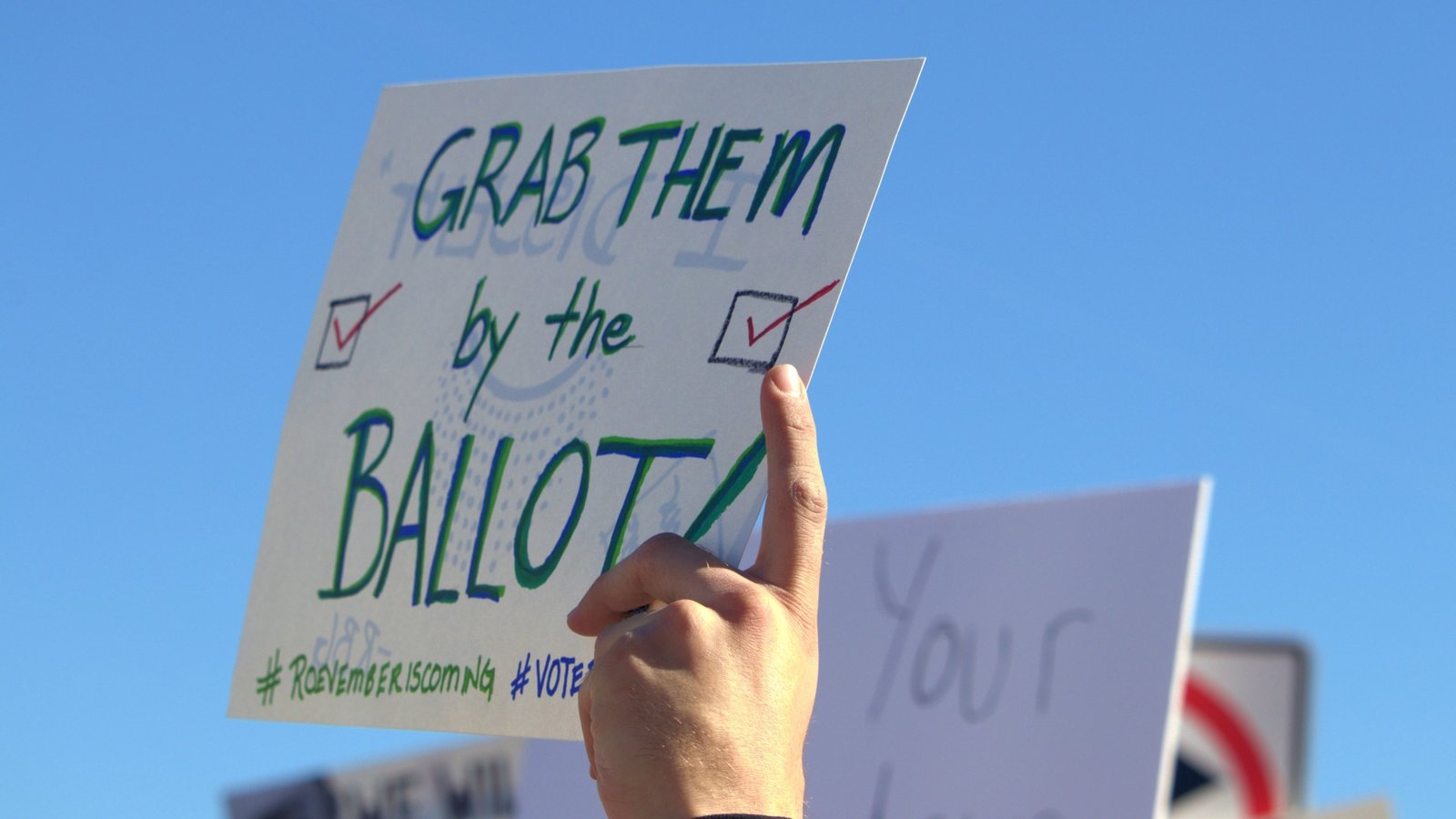2024 election
Arizona’s Abortion Access Faces Uncertain Future — My Frontline Experience

Arizona finds itself at a pivotal moment in the battle for abortion rights. As a local physician with nearly 30 years of experience in reproductive and family planning care, I stand at the forefront of this crucial fight. Arizonans may soon have an opportunity to vote on a constitutional amendment to secure abortion rights in the state.
If this measure passes, Arizona would join seven other states that have supported abortion access via constitutional amendments since the 2022 overturn of Roe v. Wade. Such a change would significantly improve the current situation, where a restrictive 15-week ban creates nearly insurmountable obstacles for those seeking care. This ban disproportionately impacts rural, low-income, young, and minority communities.
Since opening Camelback Family Planning in Phoenix, my clinic has become the busiest independent abortion provider in the state, responsible for one-third of abortions in Arizona between 2021 and 2022. Despite the restrictive laws, research indicates an increase in abortions nationally since the fall of Roe, underscoring how these laws fail to stop abortions and instead elevate health risks.
Although Arizona has seen a decrease in in-state abortions, more residents are traveling to neighboring states like New Mexico and California for the care they need. These necessary services are under continuous threat from extremist policymakers who attempt to impose arbitrary restrictions bypassing democratic norms. Such measures are misaligned with the needs and values of Arizonans and most Americans.
The 15-week limit fails to consider scientific evidence and hinders medical duties essential to providing comprehensive care. Policymakers genuinely concerned about family welfare should champion robust social services, including affordable healthcare, childcare, and economic support, enabling families to raise children in safe communities.
Restrictions affect marginalized communities the most, including low-income and minority families who already face significant healthcare barriers. Arizona’s maternal mortality rate quadrupled between 1999 and 2019, with even higher rates among Black and Indigenous women. Maintaining the 15-week ban would intensify these hurdles and the distressing stories my patients share daily.
This ban also hampers clinic staff from fully supporting informed patient decisions and escalates a public health crisis where women lose autonomy over their bodies. Young women, particularly, are disadvantaged as they often need more time to realize their pregnancies and seek care, making it too late under current state laws.
Abortion is a vital health service, and all bans are detrimental. Access to abortion enables personal decisions about one’s body and future. No person should be compelled to carry an unwanted pregnancy or face overwhelming challenges to obtain needed care.
For decades, Arizonans have confronted threats to abortion access. We need policies that prioritize health and wellbeing over political agendas. It’s time we are heard and granted a future where reproductive healthcare is a universal right.






![Top left: Judge Stephen F. McCarville. Top right: A restraining order on a judge's bench. Background: Maricopa Municipal Court. [Bryan Mordt/City of Maricopa/Pix4free]](https://arizonanews.org/wp-content/uploads/2025/06/City-Faces-Surge-in-Restraining-Orders-Outpacing-Population-Growth-400x240.jpeg)
![Top left: Judge Stephen F. McCarville. Top right: A restraining order on a judge's bench. Background: Maricopa Municipal Court. [Bryan Mordt/City of Maricopa/Pix4free]](https://arizonanews.org/wp-content/uploads/2025/06/City-Faces-Surge-in-Restraining-Orders-Outpacing-Population-Growth-80x80.jpeg)










